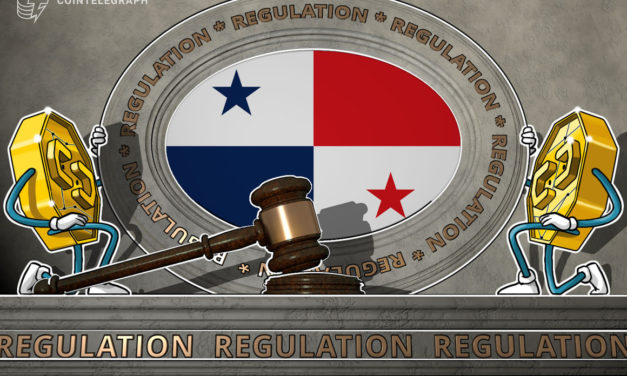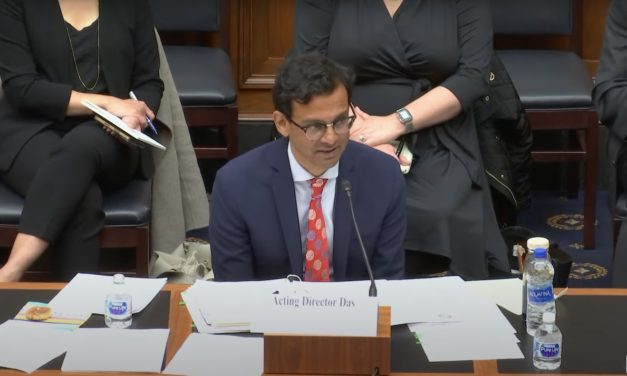EU commissioner calls for global coordination on crypto regulation
Mairead McGuinness, the commissioner for financial services, financial stability and capital markets union at the European Commission, is calling for global regulators to work together to address potential risks in the crypto market.In a Sunday opinion piece in political media outlet The Hill, McGuinness said the European Union and the United States could help lead the world in a regulatory approach for cryptocurrencies that considers the benefits of the innovative technology while addressing “significant risks.” The EU commissioner pointed to the volatility of certain assets, the risk of insider trading, the possibility of crypto being used by Russia to evade sanctions and environmental concerns.“To make rules on crypto fully effective, crypto requires global coordination and joint international principles,” said McGuinness, adding: “A global agreement on crypto should first enshrine that no product remains unregulated. Second, supervisors should collect and exchange information globally. Third, any agreement must protect retail investors. Fourth, the crypto ecosystem should fully integrate environmental considerations.”Cryptocurrency is going mainstream. To enable innovation in finance while effectively protecting consumers, we need a global approach to regulating crypto.Read more in my op-ed for @TheHillOpinionhttps://t.co/UeBHKLW1zD— Mairead McGuinness (@McGuinnessEU) May 2, 2022According to the EU commissioner, European regulators had already moved forward in providing a comprehensive framework on crypto with the Markets in Crypto Assets, or MiCA, proposal, which essentially standardizes all rules for crypto service providers within the European Union. She also said the executive order signed by President Joe Biden in March “charts the way for U.S. regulation of crypto assets” by laying down a framework for government agencies to handle crypto-related policies and enforcement actions.“We have no time to lose in managing this transformation for the benefit of investors, businesses and wider society,” McGuinness said.Related: Green ‘light:’ The EU’s approach to crypto balances eco-values with regulatory relevanceIn addition to its work on MiCA, the European Commission called for financial services specialists to weigh in on the potential rollout of a digital euro. The European Central Bank has already begun experimental prototyping of a digital euro customer interface as of April 29. McGuinness said the EU commission would “stand ready” to introduce legislation behind a central bank digital currency.
Čítaj viac






